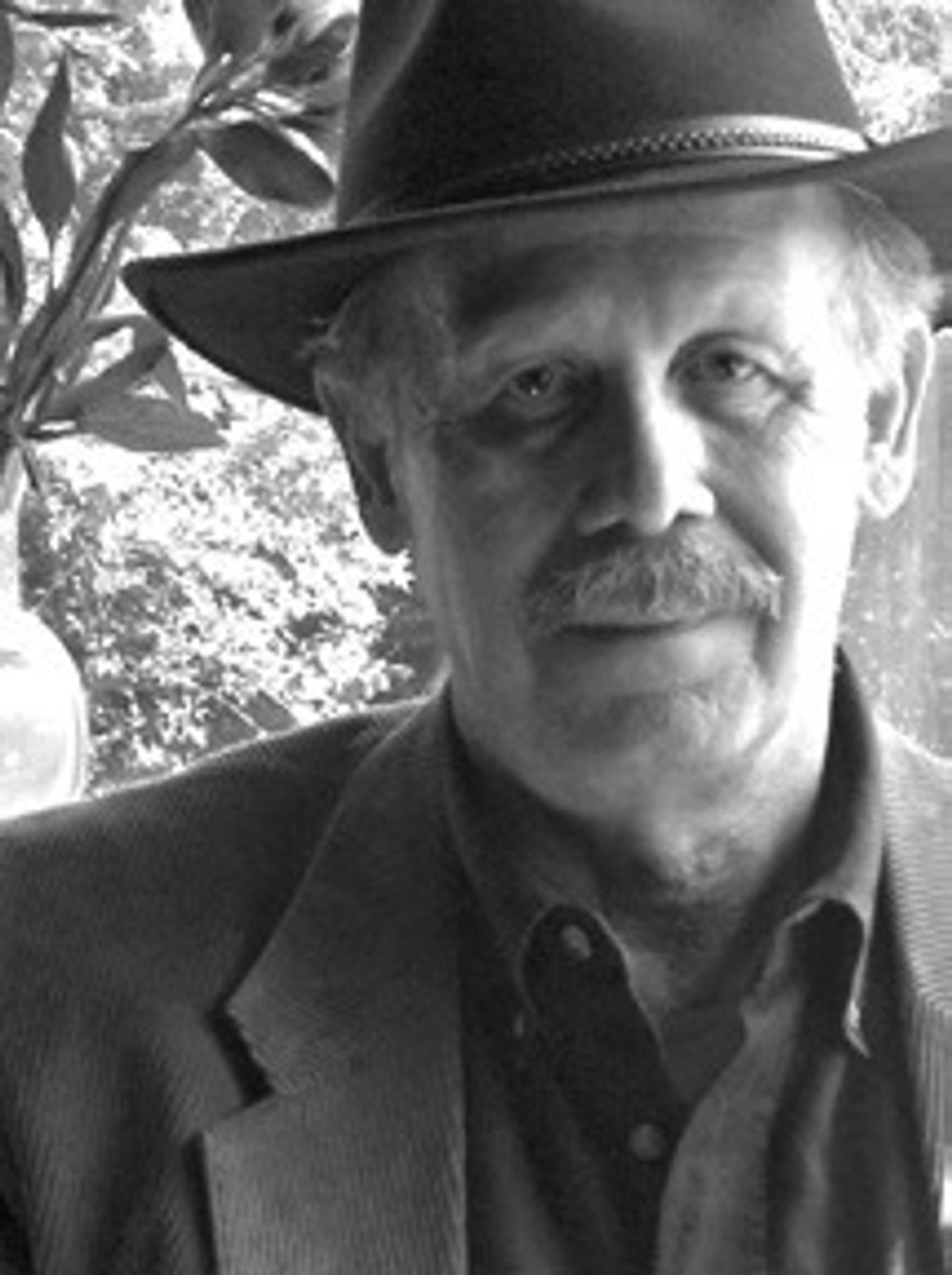Jeff: McLemore, a feisty freshman congressman from Texas, butted heads with Woodrow Wilson on Feb. 17, 1916 over the president’s about-face toward the European war.
Though surprised by the violent eruption of ancient antagonisms in 1914, most Americans took only a passing interest in the distant conflict. Above all, they wanted no part of the foreign feud, a consensus that produced the presidential pronouncement the United States “must be neutral in fact as well as name.”
Anti-war sentiment was especially strong in the Lone Star State, according to a prominent Democrat. In a letter to Col. Edward M. House, a fellow Texan and Wilson’s chief advisor, he reported, “an overwhelming desire for peace, not perhaps at any price, but at most prices, which is altogether unprecedented in the history of this country.”
The plot thickened in May 1915, when William Jennings Bryan resigned as secretary of state in protest of Wilson’s tilt toward the Allies after the German sinking of the “Lusitania.” In autumn appearances in Dallas and Houston during a coast-to-coast speaking tour, the three-time candidate for the White House warned against the dire danger of militarism.
Wilson’s November 1915 announcement of a preparedness plan, widely interpreted as a prelude to U.S. participation in the war, galvanized his Texas critics. A coalition of clergy, farmers, prohibitionists and pacifists countered with a campaign against the military build-up.
Long an advocate of replacing the expensive standing army with a citizen militia, Oscar Callaway denounced the increase in defense spending as wasteful warmongering. The West Texas congressman from Comanche declared in January 1916, “Europe is on fire all right, but there is about 3,000 miles between us and the conflagration.”
The Dallas Morning News tried to drum up support for the embattled administration by posing the question, “Are you for or against the president in his stand for preparedness?” The newspaper reported 20,000 readers responded to the “poll” and gave Wilson a 20-1 vote of confidence, a questionable claim under the circumstances.
A new crisis surfaced on Feb. 15, 1916, when Wilson hinted that Germany would be held responsible for American lives lost in submarine attacks on Allied shipping. Two days later, Jeff: McLemore introduced in the House of Representatives his “warning resolution” advising U.S. citizens to avoid vessels subject to sinking by the Germans.
The Austin magazine editor, who used a colon to abbreviate his middle name, emerged overnight as the symbolic spokesman of the nationwide movement to stop the steady slide toward war. Spurning appeals to party patriotism, McLemore insisted the president was not above reproach merely because he was a Democrat.
Wilson mustered sufficient support to table the warning resolution in the House and a similar measure in the Senate. Nevertheless, half of the Lone Star delegation put their careers on the line by siding with their controversial colleague.
In addition to Oscar Callaway, praised by his hometown paper for an “absolute lack of fear of criticism,” others that dared to break party discipline included Cyclone Davis and James Luther Slayden. The former was a fiery populist recently readmitted to the Democratic fold, while the latter was a past president of the American Peace Society and an 11-term incumbent from San Antonio.
“He kept us out of war” was the ironic slogan of Woodrow Wilson’s reelection campaign and the key to his narrow victory in November 1916. McLemore and Slayden survived administration-sponsored challenges in the Democratic primary, but Callaway and Davis went down to defeat.
Five months later, President Wilson requested a declaration of war against Germany. McLemore stood his ground and sealed his fate by casting a “nay” vote.
“I am not yet ready to vote absolutism to any president,” explained the plain-spoken politician, “nor will I ever vote to abrogate the Monroe Doctrine by forming any alliance with the warring nations of the Old World.”
Slayden, however, decided to go along in order to maintain his “usefulness in Congress.” The war, he rationalized, was “an accomplished fact.”
If Slayden thought his late conversion would patch things up with the party bosses, he was sadly mistaken. An election eve statement from the White House, which questioned his loyalty to the president, forced the congressman to abandon his bid for a twelfth term.
The state legislature removed the remaining thorn from Woodrow Wilson’s side by redistricting Jeff: McLemore’s at-large seat out of existence. No quitter, he entered the Democratic primary in a Gulf Coast district but finished a poor third.
McLemore swore off politics except for a 1928 run for an open seat in the U.S. Senate. Tom Connally cleaned his clock and the maverick’s death the following year ended a political career based on principle rather than expediency.
Take your pick of “Depression-Era Desperadoes,” “Blood and Oil,” “Murder Most Texan,” “Unforgettable Texans” and “Texas Entertainers.” Mail your check for $24.00 each to Bartee Haile, P.O. Box 130011, Spring, TX 77393.
Congressmen pay price for anti-war stand
Jeff: McLemore, a feisty freshman congressman from Texas, butted heads with Woodrow Wilson on Feb. 17, 1916 over the president’s about-face toward the European war. Though surprised by the violent eruption of ancient antagonisms in 1914, most Americans took only a passing interest in the distant conflict. Above all, they wanted no part of the foreign feud, a consensus that produced the presidential pronouncement the United States “must be neutral in fact as well as name.”
- 02/14/2024 09:00 PM











